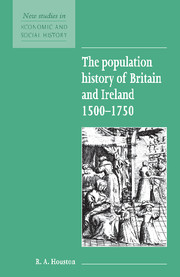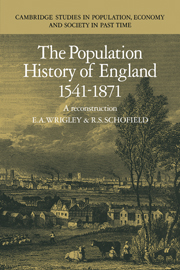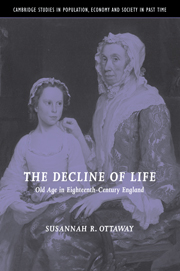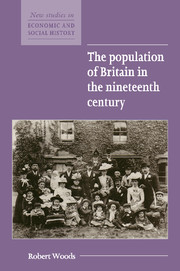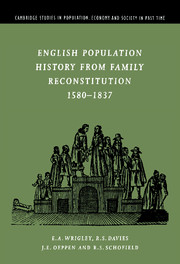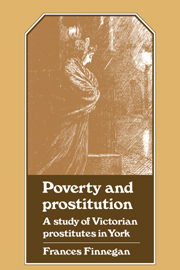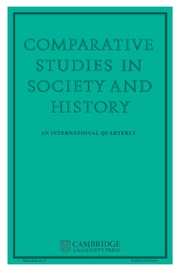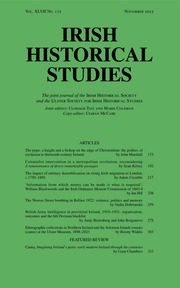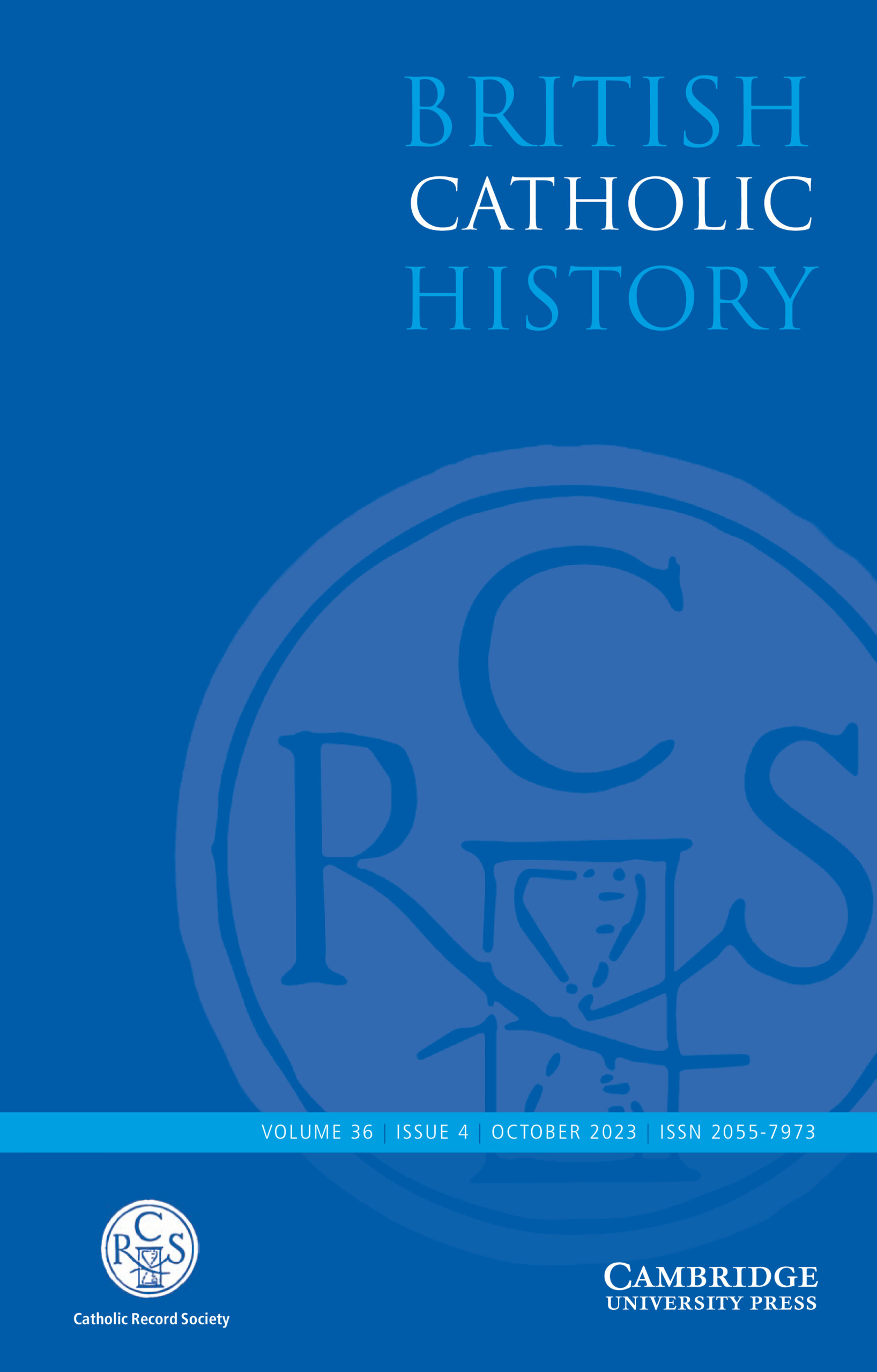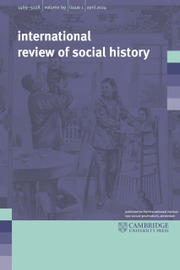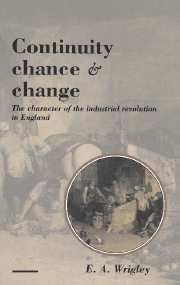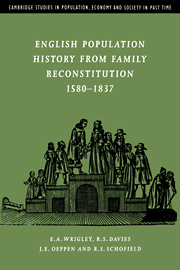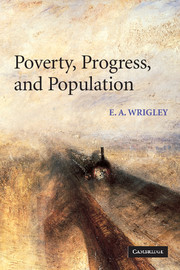
Poverty, Progress, and Population
- Author: E. A. Wrigley, University of Cambridge
- Date Published: January 2004
- availability: Available
- format: Paperback
- isbn: 9780521529747
Paperback
Other available formats:
Hardback, eBook
Looking for an inspection copy?
This title is not currently available on inspection
-
By the early nineteenth century England was very different economically from its continental neighbours. It was wealthier, growing more rapidly, more heavily urbanised, and far less dependent upon agriculture. A generation ago it was normal to attribute these differences to the 'industrial revolution' and to suppose that this was mainly the product of recent change, but no longer. Current estimates suggest only slow growth during the period from 1760–1840. This implies that the economy was much larger and more advanced by 1760 than had previously been supposed and suggests that growth in the preceding century or two must have been decisive in bringing about the 'divergence' of England. Sir E. A. Wrigley, the leading historian of industrial Britain, here examines the issues which arise in this connection from three viewpoints: economic growth; the transformation of the urban-rural balance; and demographic change in the seventeenth and eighteenth centuries.
Read more- A redefinition of what constituted industrial revolution from one of the nation's leading historians
- Emphasises the scale and importance of changes which occurred before the conventional timing of the industrial revolution
- Shows why the English early modern economy and society enabled it to grow faster and more dynamically than its continental neighbours
Reviews & endorsements
'Wrigley's reinterpretation of the eighteenth century is of vital importance for anyone wanting to understand how economic ideas were evolving in the period from the English civiil War to the Victorian age.' The Times Higher Education Supplement
See more reviews'The book is well written and covers a broad range of interesting topics.' Journal of Peace Research
Customer reviews
Not yet reviewed
Be the first to review
Review was not posted due to profanity
×Product details
- Date Published: January 2004
- format: Paperback
- isbn: 9780521529747
- length: 478 pages
- dimensions: 229 x 152 x 27 mm
- weight: 0.7kg
- contains: 49 tables
- availability: Available
Table of Contents
Introduction:
1. In search of the industrial revolution
Part I. The Wellsprings of Growth:
2. The divergence of England: the growth of the English economy in the seventeenth and eighteenth centuries
3. Reflections on the history of energy supply, living standards and economic growth
4. Two kinds of capitalism, two kinds of growth
5. Men on the land and men in the countryside: employment in agriculture in early nineteenth-century England
6. Corn and crisis: Malthus on the high price of provisions
7. Why poverty was inevitable in traditional societies
8. Malthus on the prospects for the labouring poor
9. The occupational structure of England in the nineteenth century
Part II. Town and Country:
10. City and country in the past: a sharp divide or a continuum?
11. 'The great commerce of every civilised society': urban growth in early modern Europe
12. Country and town: the primary, secondary and tertiary peopling of England in the early modern period
13. Brake or accelerator? Urban growth and population growth before the industrial revolution
Part III. The Numbers Game:
14. How reliable is our knowledge of the demographic characteristics of the English population in the early modern period?
15. Explaining the rise in marital fertility in the 'long' eighteenth century
16. No death without birth: the implications of English mortality in the early modern period
17. Demographic retrospective
Bibliography.
Sorry, this resource is locked
Please register or sign in to request access. If you are having problems accessing these resources please email [email protected]
Register Sign in» Proceed
You are now leaving the Cambridge University Press website. Your eBook purchase and download will be completed by our partner www.ebooks.com. Please see the permission section of the www.ebooks.com catalogue page for details of the print & copy limits on our eBooks.
Continue ×Are you sure you want to delete your account?
This cannot be undone.
Thank you for your feedback which will help us improve our service.
If you requested a response, we will make sure to get back to you shortly.
×
